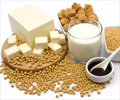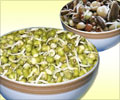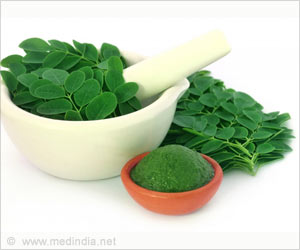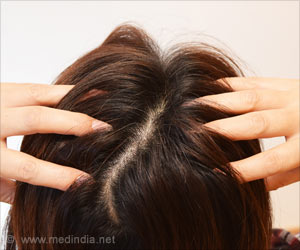Equol, a substance made by some types of good gut bacteria when they metabolize isoflavones exhibit the heart-protecting effect.
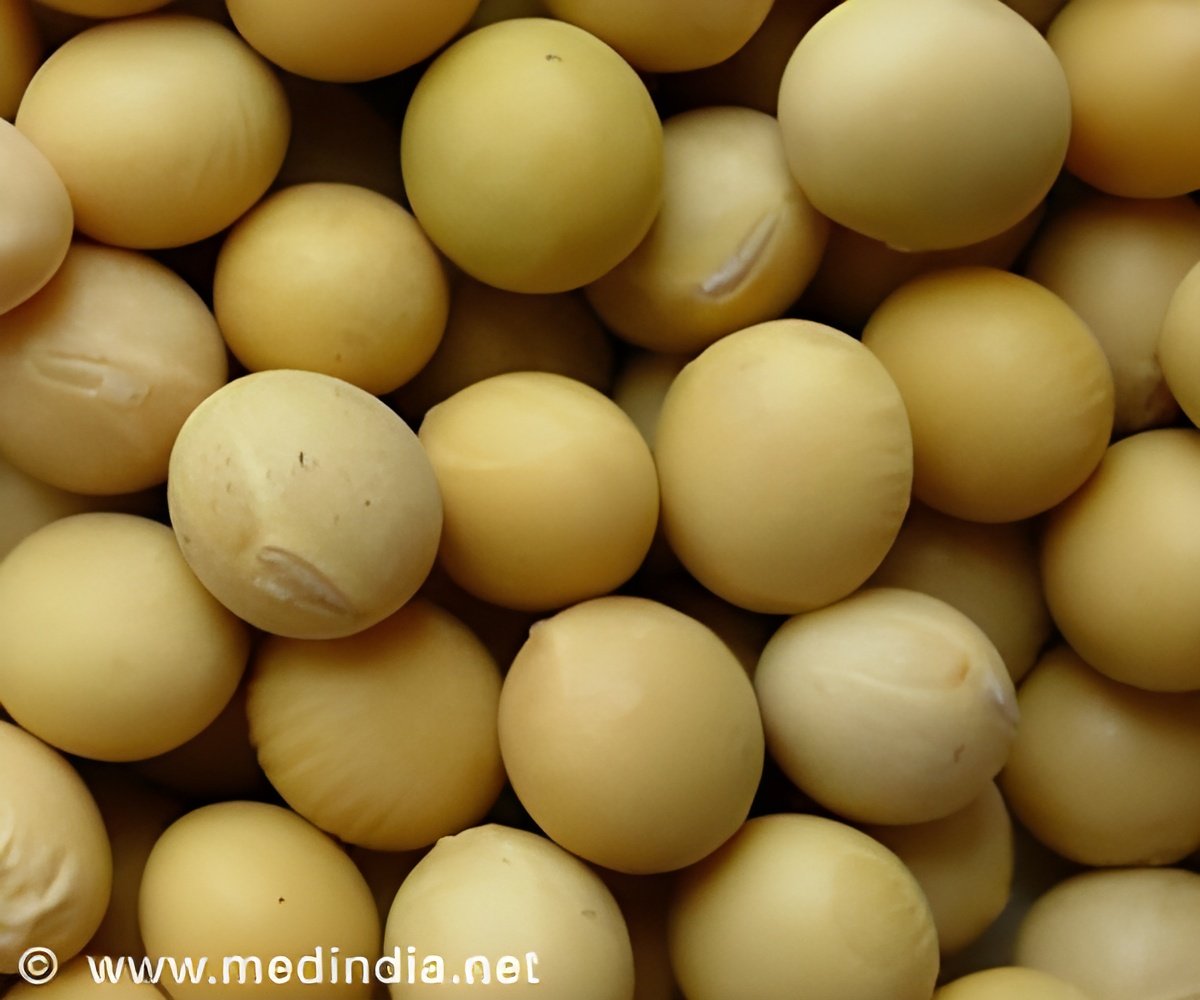
- Isoflavones in soya protect against the buildup of plaque in arteries, known as atherosclerosis.
- Equol, a substance made by some types of "good" gut bacteria when they metabolize isoflavones exhibit the heart-protecting effect.
- The daily intake of dietary isoflavones found in traditional soy foods such as tofu, miso and soymilk is 25 to 50 milligrams in China and Japan, while it is less than 2 milligrams in Western countries.
- Soybean is hailed as the most protective bean. Soy contains 26 percent protein. It has the highest protein content amongst plant products.
- Soybean is the only vegetable food that contains all eight essential amino acids. Soybeans are processed into various soy products namely soy flour, soy milk, cottage cheese like tofu, fermented products like tempeh and miso.
- Soya is high in antioxidants. It has a group of flavanoids called isoflavones. Genistein is the main phytoestrogen present in soya beans. It can be considered both a phytoestrogen and an antioxidant.
A product of digesting a micronutrient found in soy may hold the key to why some people seem to derive a heart-protective benefit from eating soy foods, while others do not, a University of Pittsburgh Graduate School of Public Health-led study discovered.
"We were surprised when a large trial of isoflavones in the U.S. didn’t show the beneficial effects among people with atherosclerosis in Western countries. Now, we think we know why."
All monkeys can produce equol, as can 50 to 60 percent of people in Asian countries. However, only 20 to 30 percent of people in Western countries can.
Equol Reduces Heart Disease Risk
Sekikawa and his colleagues, who include scientists in Japan, recruited 272 Japanese men aged 40 to 49 and performed blood tests to find out if they were producing equol.
The daily intake of dietary isoflavones -- found in traditional soy foods such as tofu, miso and soymilk--is 25 to 50 milligrams in China and Japan, while it is less than 2 milligrams in Western countries.
"I do not recommend that people start taking equol to improve their heart health or for any other reason unless advised by their doctor," said Sekikawa. "Much more study is needed."
Sekikawa and his team are pursuing funding for a much larger observational study to expand on their findings and eventually a randomized clinical trial to examine the effect of taking equol on various medical conditions and diseases.
"Our discovery about equol may have applications far beyond heart disease," said Sekikawa. "We know that isoflavones may be associated with protecting against many other medical conditions, including osteoporosis, dementia, menopausal hot flashes, and prostate and breast cancers. Equol may have an even stronger effect on these diseases."
Reference
- Akira Sekikawa et al., Unlocking the heart-protective benefits of soy, British Journal of Nutrition (2017).
Source-Medindia


